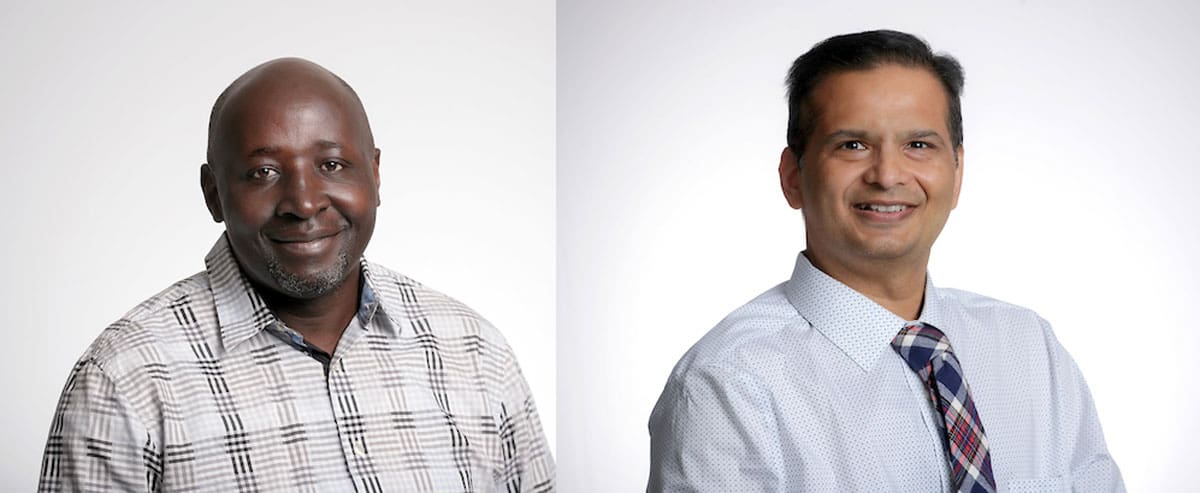UA Little Rock Professors Publish Book Chapter on Ethical Use of Social Media for Public Health Research

Dr. Amar Kanekar and Dr. Joseph Otundo, professors of health education and promotion at UA Little Rock, have published a book chapter on how to ethically use social media for public health research.
The chapter has been published in the new book, “Effective Use of Social Media in Public Health.” The book, edited by Kavita Batra and Manoj Sharma, addresses the growing use and importance of social media in conducting and disseminating research findings and covers an array of issues from cyberbullying to diversity and inclusion.
Written by health educators and practitioners for health educators and practitioners, this book is a timely resource for public health practitioners, professors, students, and researchers.
Kanekar said he became interested in the chapter, “Ethical, privacy, and confidentiality issues in the use and application of social media,” because he was originally going to be a co-editor on the book.
“I thought this would be an interesting topic because there is always a concern about privacy and confidentiality on social media, but the topic has not been addressed a lot in public health research. There aren’t a lot of guidelines. It’s been interesting and quite challenging as well. I spoke to Dr. Joseph Otundo, and he also thought it would be nice to write on this subject.”
Kanekar and Otundo conducted much research on what guidelines and rules academic institutions and Institutional Review Boards (IRB) use to govern ethics, privacy, and confidentiality for research conducted using social media as well as privacy rules on social media platforms.
“Social media is so dynamic, and more and more people are using social media for research,” Otundo said. “If you look at the policies of many universities, they are slightly behind what we are experiencing today in terms of technology. They need to catch up with the realities of social media.”
The 22-page book chapter contains case studies on public health research, review questions, and websites with resources on the topic.
“Our chapter is on a complex topic, and we try to address as many aspects of that as possible,” Kanekar said. “What is considered public and private information on social media? When do you need permission to use this information in research? More and more people are using social media for research. At the end of this project, we feel there is a need for more guidelines from universities and IRBs to help people navigate how to conduct research using social media.”
